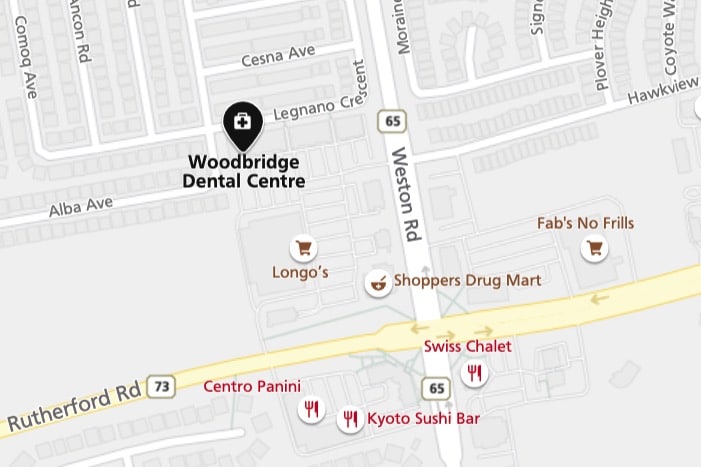Wisdom teeth are the last set of molars that usually appear in your late teens or early twenties. These teeth can be a bit tricky because they often cause discomfort and other dental issues. Knowing the first signs of wisdom teeth coming in can help you manage any potential problems early.
Symptoms
When your wisdom teeth start to come in, you might notice a few common symptoms:
- Pain at the back of your mouth: This is often the first sign. The pain can be mild or severe and may come and go.
- Swelling and redness: Your gums at the back of your mouth might become swollen and red.
- Tenderness: Your gums might be tender when you touch them or when you chew.
- Headaches or jaw pain: As your wisdom teeth push through, they can cause pressure that leads to headaches or pain in your jaw.
- Bad breath or unpleasant taste: If your wisdom teeth are partially erupted, they can trap food and bacteria, leading to bad breath or a bad taste in your mouth.
Causes
Wisdom teeth usually come in between the ages of 17 and 25. Most people have four wisdom teeth, one in each corner of their mouth. These teeth can cause problems if there isn’t enough space in your mouth for them to come in properly. When wisdom teeth don’t have enough room, they can become impacted, meaning they are trapped under the gum or grow in at an awkward angle.
Risk Factors
Certain factors can increase your risk of having problems with your wisdom teeth:
- Age: If you are between 17 and 25, your wisdom teeth are more likely to come in.
- Genetics: If your parents had issues with their wisdom teeth, you might too.
- Lack of space: If your mouth is small or your other teeth are crowded, your wisdom teeth might not have enough room to come in properly.
Complications
If wisdom teeth are not managed correctly, they can cause several complications:
- Infection: Partially erupted wisdom teeth can trap food and bacteria, leading to infections.
- Damage to other teeth: Impacted wisdom teeth can push against other teeth, causing pain and alignment issues.
- Cysts: Sometimes, a sac around the wisdom tooth can fill with fluid, creating a cyst that can damage your jaw and nearby teeth.
Prevention
While you can’t prevent your wisdom teeth from coming in, you can take steps to manage any problems:
- Regular dental check-ups: Visit your dentist regularly so they can monitor your wisdom teeth and catch any issues early.
- Good oral hygiene: Brush and floss your teeth every day to keep your mouth clean and reduce the risk of infection.
- Healthy diet: Eating a balanced diet can help keep your teeth and gums healthy.
Your Smile is Our Priority
If you think your wisdom teeth are coming in or if you’re experiencing any discomfort, don’t wait! Visit Woodbridge Dental Centre. Our friendly and professional team is here to help you with all your dental needs. Serving Woodbridge, Maple, and Vaughan, we provide comprehensive dental care to ensure your smile stays healthy and bright. Contact us today to schedule an appointment!






